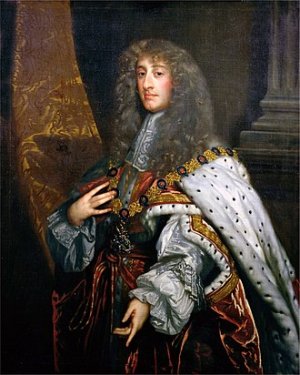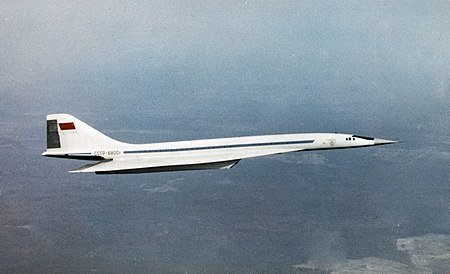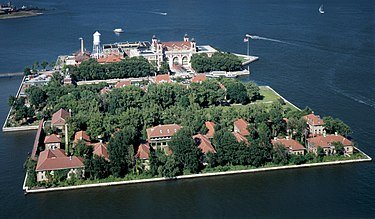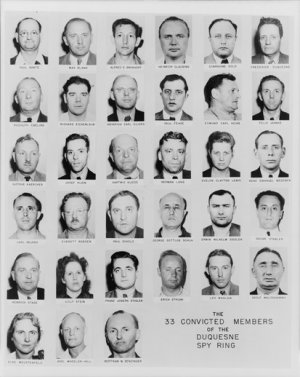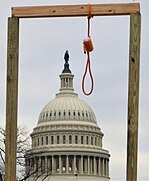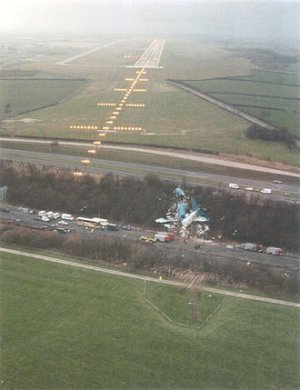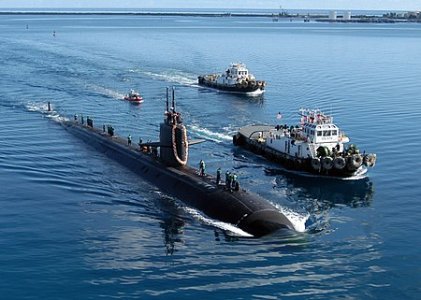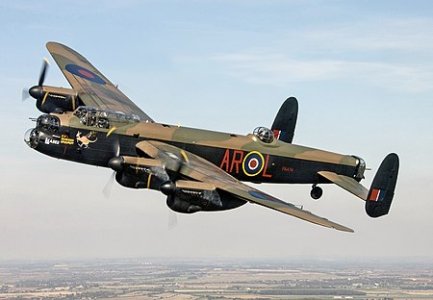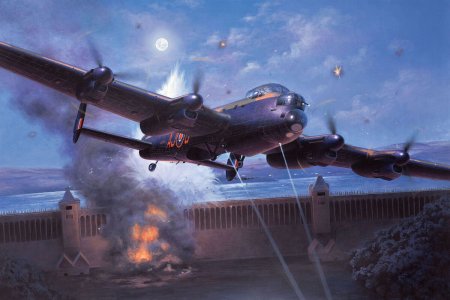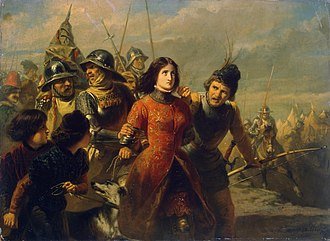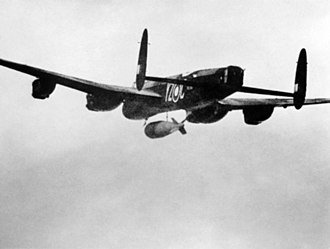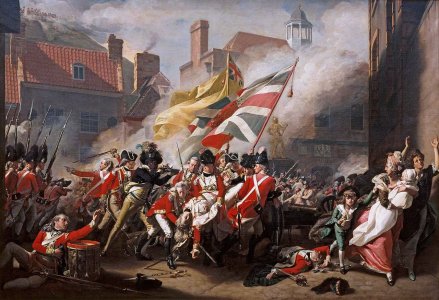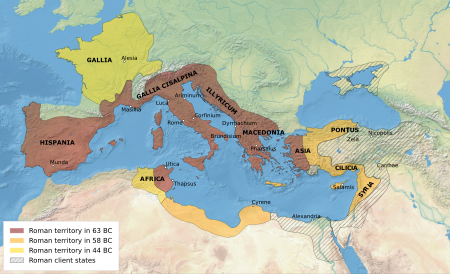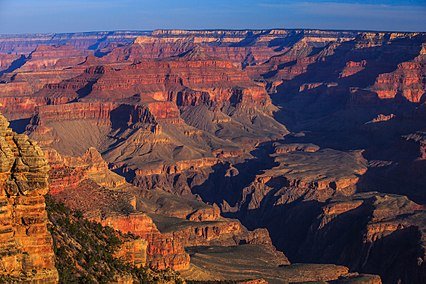darlowolf64
Supply Teacher & 2020/21 PTG Intertoto Cup winner
- Joined
- Jan 15, 2010
- Messages
- 31,038
- Reaction score
- 3,823
30th December
1902 – The Discovery Expedition under Robert Falcon Scott attained a Farthest South at 82°17′S in Antarctica.
The Discovery Expedition of 1901–1904, known officially as the British National Antarctic Expedition, was the first official British exploration of the Antarctic regions since the voyage of James Clark Ross sixty years earlier (1839–1843). Organized on a large scale under a joint committee of the Royal Society and the Royal Geographical Society, the new expedition carried out scientific research and geographical exploration in what was then largely an untouched continent. It launched the Antarctic careers of many who would become leading figures in the Heroic Age of Antarctic Exploration, including Robert Falcon Scott who led the expedition, Ernest Shackleton, Edward Wilson, Frank Wild, Tom Crean and William Lashly.
Its scientific results covered extensive ground in biology, zoology, geology, meteorology and magnetism. The expedition discovered the existence of the only snow-free Antarctic valleys, which contains the longest river of Antarctica. Further achievements included the discoveries of the Cape Crozier emperor penguin colony, King Edward VII Land, and the Polar Plateau (via the western mountains route) on which the South Pole is located. The expedition tried to reach the South Pole travelling as far as the Farthest South mark at a reported 82°17′S.
As a trailbreaker for later ventures, the Discovery Expedition was a landmark in British Antarctic exploration history.
Also on 30th December...
999 – Battle of Glenmama: The combined forces of Munster and Meath under king Brian Boru inflict a crushing defeat on the allied armies of Leinster and Dublin near Lyons Hill in Ireland.
1460 – Wars of the Roses: Lancastrians kill the 3rd Duke of York and win the Battle of Wakefield.
1816 – The Treaty of St. Louis between the United States and the united Ottawa, Ojibwa, and Potawatomi Indian tribes is proclaimed.
1825 – The Treaty of St. Louis between the United States and the Shawnee Nation is proclaimed.
1853 – Gadsden Purchase: The United States buys land from Mexico to facilitate railroad building in the Southwest.
1890 – Following the Wounded Knee Massacre, the United States Army and Lakota warriors face off in the Drexel Mission Fight.
1916 – Russian mystic and advisor to the Tsar Grigori Yefimovich Rasputin is murdered by a loyalist group led by Prince Felix Yusupov. His frozen, partially-trussed body was discovered in a Petrograd river three days later.
1936 – The Flint sit-down strike hits General Motors.
1993 – Israel establishes diplomatic relations with Vatican City and also upgrades to full diplomatic relations with Ireland.
1996 – Proposed budget cuts by Benjamin Netanyahu spark protests from 250,000 workers who shut down services across Israel.
1902 – The Discovery Expedition under Robert Falcon Scott attained a Farthest South at 82°17′S in Antarctica.
The Discovery Expedition of 1901–1904, known officially as the British National Antarctic Expedition, was the first official British exploration of the Antarctic regions since the voyage of James Clark Ross sixty years earlier (1839–1843). Organized on a large scale under a joint committee of the Royal Society and the Royal Geographical Society, the new expedition carried out scientific research and geographical exploration in what was then largely an untouched continent. It launched the Antarctic careers of many who would become leading figures in the Heroic Age of Antarctic Exploration, including Robert Falcon Scott who led the expedition, Ernest Shackleton, Edward Wilson, Frank Wild, Tom Crean and William Lashly.
Its scientific results covered extensive ground in biology, zoology, geology, meteorology and magnetism. The expedition discovered the existence of the only snow-free Antarctic valleys, which contains the longest river of Antarctica. Further achievements included the discoveries of the Cape Crozier emperor penguin colony, King Edward VII Land, and the Polar Plateau (via the western mountains route) on which the South Pole is located. The expedition tried to reach the South Pole travelling as far as the Farthest South mark at a reported 82°17′S.
As a trailbreaker for later ventures, the Discovery Expedition was a landmark in British Antarctic exploration history.
Also on 30th December...
999 – Battle of Glenmama: The combined forces of Munster and Meath under king Brian Boru inflict a crushing defeat on the allied armies of Leinster and Dublin near Lyons Hill in Ireland.
1460 – Wars of the Roses: Lancastrians kill the 3rd Duke of York and win the Battle of Wakefield.
1816 – The Treaty of St. Louis between the United States and the united Ottawa, Ojibwa, and Potawatomi Indian tribes is proclaimed.
1825 – The Treaty of St. Louis between the United States and the Shawnee Nation is proclaimed.
1853 – Gadsden Purchase: The United States buys land from Mexico to facilitate railroad building in the Southwest.
1890 – Following the Wounded Knee Massacre, the United States Army and Lakota warriors face off in the Drexel Mission Fight.
1916 – Russian mystic and advisor to the Tsar Grigori Yefimovich Rasputin is murdered by a loyalist group led by Prince Felix Yusupov. His frozen, partially-trussed body was discovered in a Petrograd river three days later.
1936 – The Flint sit-down strike hits General Motors.
1993 – Israel establishes diplomatic relations with Vatican City and also upgrades to full diplomatic relations with Ireland.
1996 – Proposed budget cuts by Benjamin Netanyahu spark protests from 250,000 workers who shut down services across Israel.

